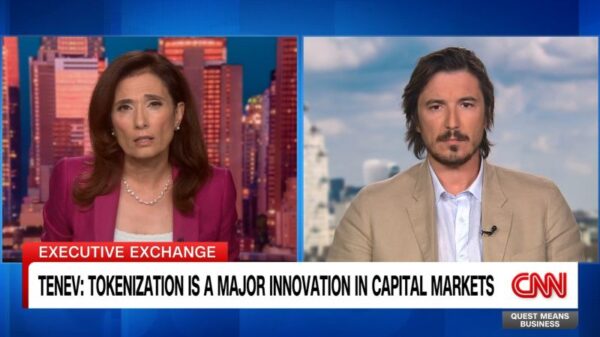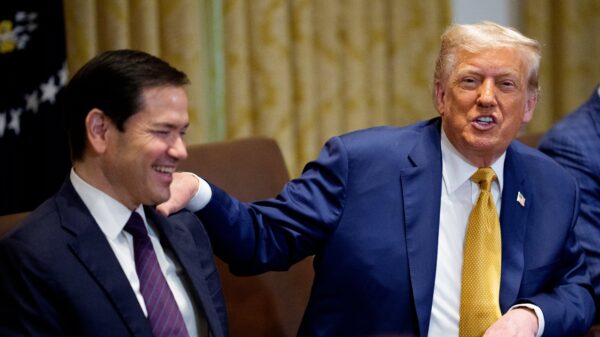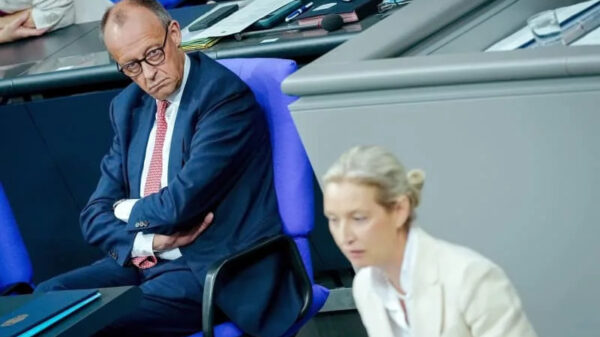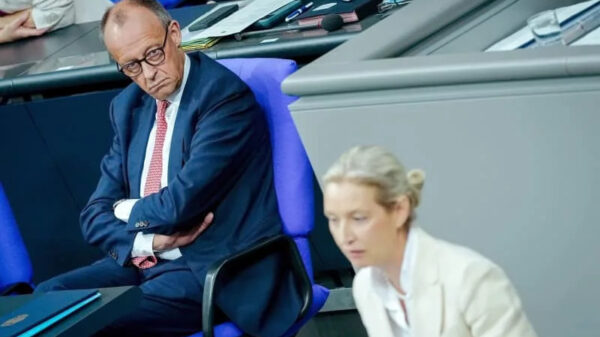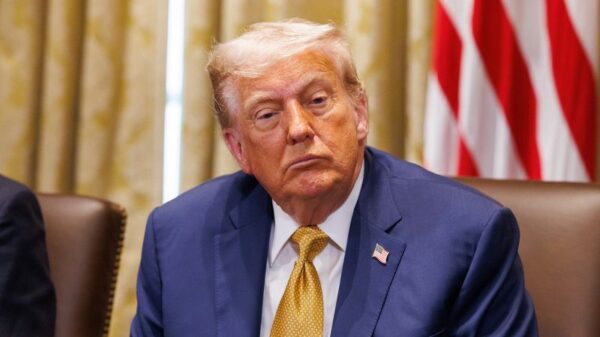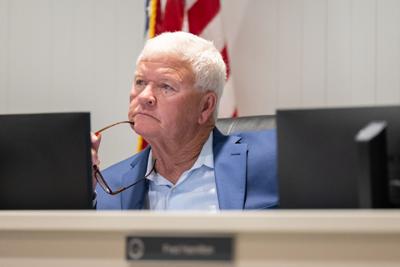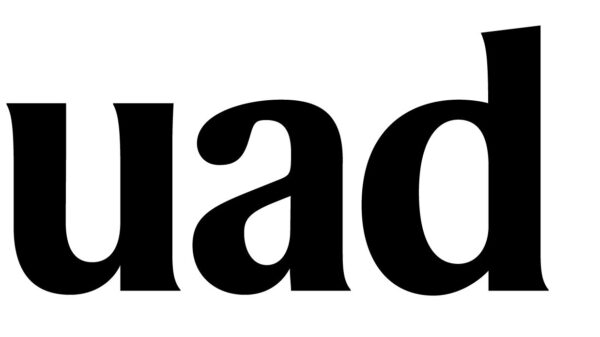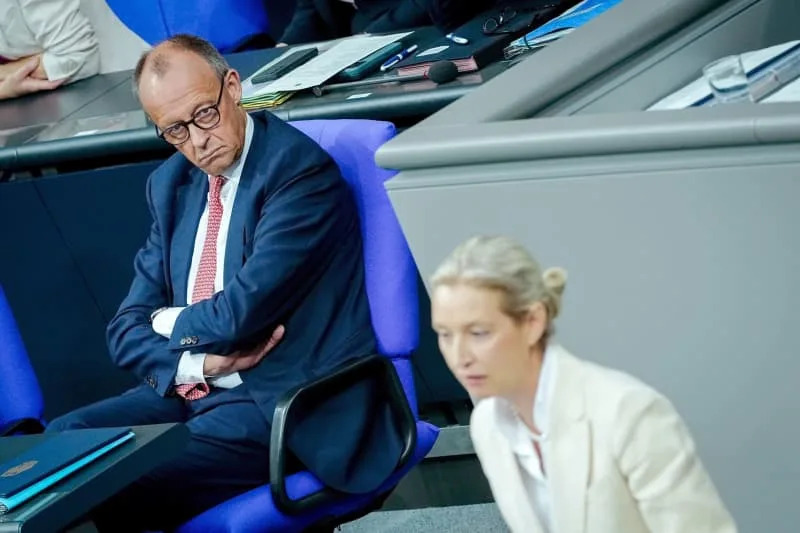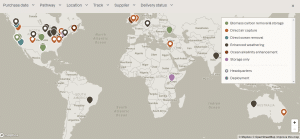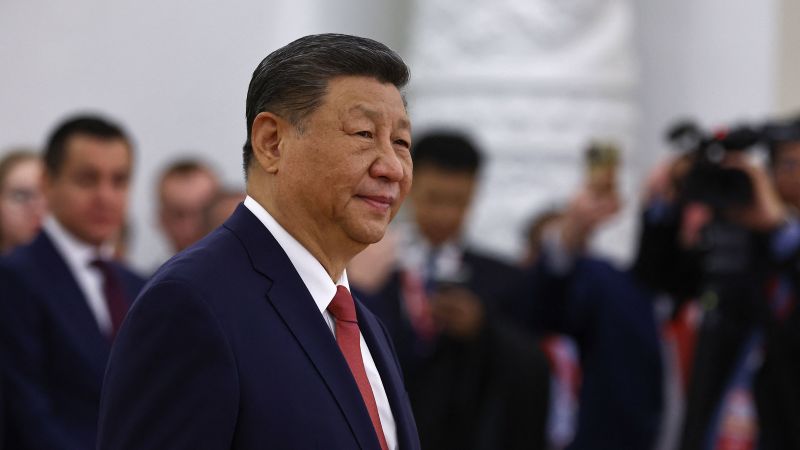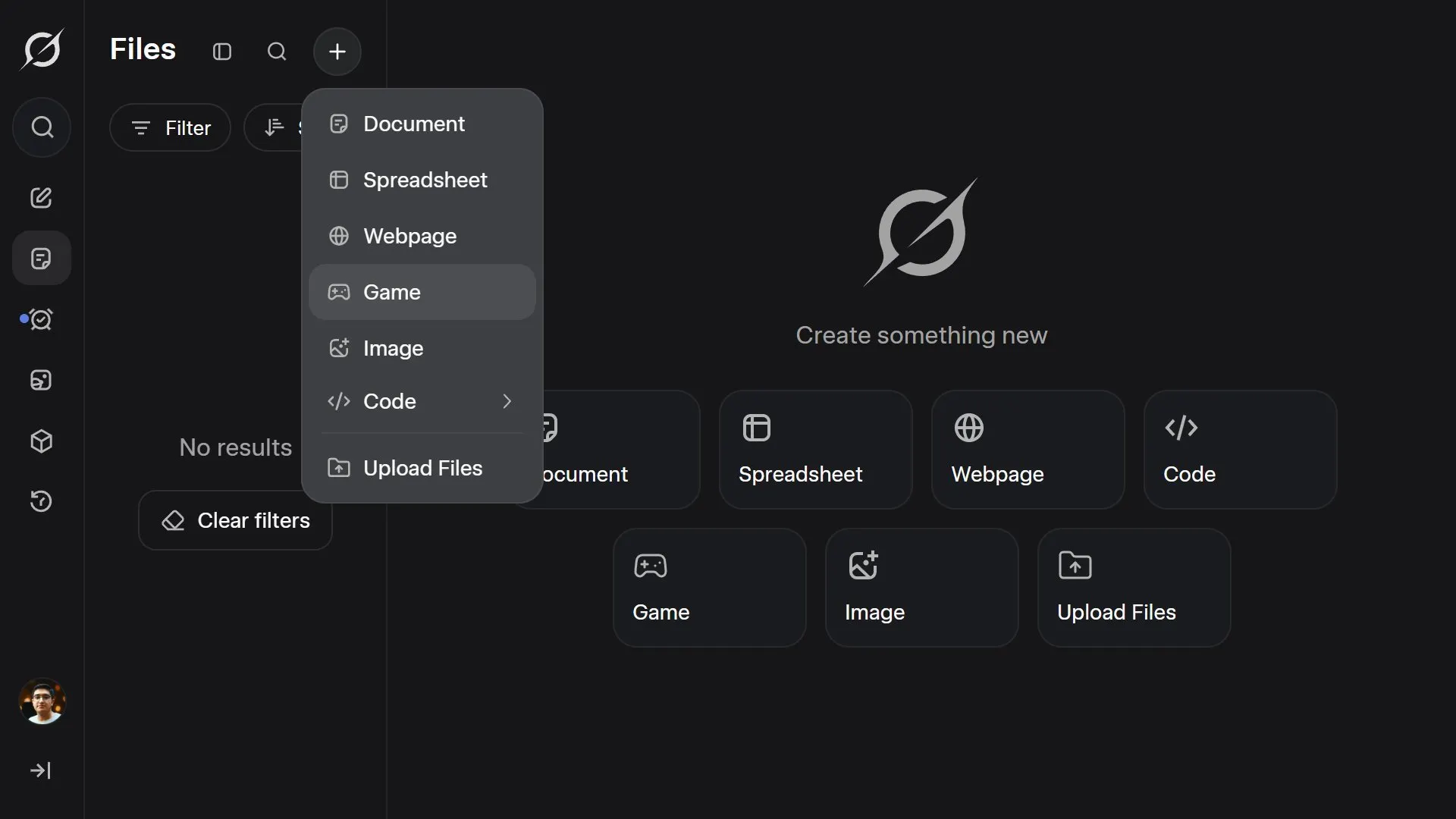Alice Weidel, the co-leader of the far-right party Alternative for Germany (AfD), launched a scathing critique of Chancellor Friedrich Merz during a debate in the Bundestag on Wednesday. Weidel accused Merz of failing to deliver on his promises since his administration began in May, dubbing him the “chancellor of lies” and claiming that his broken commitments could fill “entire catalogues.”
In her address, Weidel specifically targeted the government’s recent decision to cut electricity taxes for large industries, agriculture, and forestry, excluding relief for the general population. This policy was part of the coalition agreement between Merz’s conservative bloc—the Christian Democratic Union (CDU) and the Christian Social Union (CSU)—and the Social Democratic Party (SPD). However, the proposed measure was omitted from the draft budget for 2025.
Criticism of Government Policies and Migration Strategy
Weidel’s remarks included pointed criticism of Merz’s leadership style. She asserted, “Your word is worth nothing, even when it stands in black and white in your meagre coalition agreement,” labeling him a “paper chancellor” under the influence of the SPD. She further condemned the government’s approach to migration, describing efforts to strengthen border controls, led by Interior Minister Alexander Dobrindt, as mere “window dressing exercises.”
Additionally, Weidel expressed concern over what she characterized as an “orgy of debts” financing the government’s initiatives, while also criticizing its support for Ukraine. Her comments reflect a growing frustration among certain factions within Germany regarding the current administration’s policies and direction.
In response to Weidel’s accusations, Merz dismissed her statements as “half-truths, slander and personal disparagement.” The atmosphere in the Bundestag intensified as Bundestag President Julia Klöckner intervened, urging lawmakers to refrain from personal attacks and accusations of dishonesty, emphasizing the need for respectful debate.
As the political landscape in Germany continues to evolve, the exchange between Weidel and Merz highlights the tensions within the current coalition government and the challenges facing Merz’s administration in addressing the concerns of the populace.



